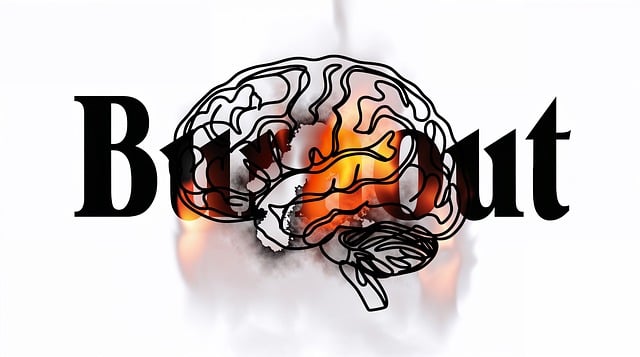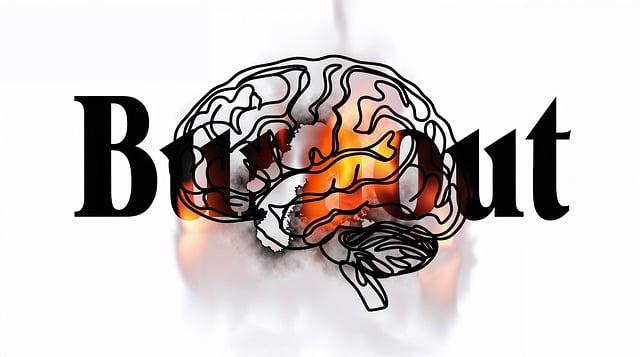Identifying risk factors for substance abuse in young adults is key to prevention. Psychological and social stressors, like cancer and its aftermath, significantly impact mental health, potentially leading to unhealthy coping mechanisms and substance abuse. Early intervention through trauma-informed care, mental health awareness, and mindfulness meditation can empower young adults to avoid self-medication. Specifically, therapy tailored for Young Adults Cancer Issues integrates support systems, promotes resilience, and teaches stress reduction techniques, reducing the risk of substance abuse and enhancing quality of life.
In the realm of cancer survivorship, young adults face unique challenges that increase their vulnerability to substance abuse. This article delves into comprehensive risk reduction strategies, focusing on identifying high-risk factors among cancer survivors and their specific needs. We explore demographic considerations, psychological influences, and early intervention opportunities. Additionally, we highlight preventative measures like mental health support and lifestyle changes aimed at building resilience. Effective therapy approaches, including Cognitive Behavioral Therapy (CBT) and mindfulness interventions, are examined for addressing substance abuse in young adults with cancer issues.
- Identifying High-Risk Factors for Substance Abuse in Young Adults
- – Understanding the demographic at risk: Cancer survivors and their unique challenges
- – Psychological and social influences contributing to substance abuse
Identifying High-Risk Factors for Substance Abuse in Young Adults

Identifying high-risk factors for substance abuse among young adults is a critical step in developing effective prevention strategies. Several key indicators can signal an increased likelihood of substance misuse, allowing for early intervention and support. These risk factors often stem from complex interactions between psychological, social, and environmental influences. For instance, young adults facing cancer or other serious health issues may turn to substances as a coping mechanism, highlighting the importance of integrating trauma support services within healthcare settings.
Mental health awareness plays a pivotal role in understanding these risks. Conditions such as depression, anxiety, or post-traumatic stress disorder (PTSD) are commonly linked to substance abuse. Encouraging mental health awareness and providing accessible trauma support services can empower young adults to seek help before resorting to harmful coping mechanisms. Additionally, fostering mindfulness meditation practices may aid in stress reduction and emotional regulation, thereby decreasing the allure of substance-based escapes.
– Understanding the demographic at risk: Cancer survivors and their unique challenges

Cancer survivors, particularly young adults navigating their post-treatment life, face unique challenges that can significantly impact their mental health and increase the risk of substance abuse. This demographic often experiences a complex interplay of physical and emotional scars, leading to potential burnout prevention strategies for healthcare providers who support them. The journey from cancer diagnosis to recovery is demanding, leaving many survivors dealing with chronic pain, fatigue, and cognitive changes. These issues can contribute to heightened stress levels and the development of unhealthy coping mechanisms if not addressed effectively.
Understanding the specific needs of young adult cancer survivors is crucial in implementing risk assessment for mental health professionals. Therapy for young adults with cancer issues should focus on integrating support systems, promoting resilience, and teaching effective stress reduction methods. By recognizing and addressing these challenges early, healthcare providers can foster a better quality of life for survivors and reduce the likelihood of substance abuse as a coping mechanism. This proactive approach, combined with burnout prevention strategies, ensures that both patients and caregivers receive the comprehensive care they deserve.
– Psychological and social influences contributing to substance abuse

Substance abuse often stems from a complex interplay of psychological and social factors. For young adults, coping with cancer or other challenging life events can significantly impact their mental health. The stress and anxiety associated with cancer diagnosis and treatment may lead some individuals to turn to drugs or alcohol as a means of self-medication, especially if they lack adequate coping skills development and stress management workshops. Social influences, such as peer pressure and family dynamics, also play a crucial role, particularly during adolescence and young adulthood.
Psychological disorders like depression, anxiety, and post-traumatic stress disorder (PTSD) are common among cancer survivors, which can further increase the risk of substance abuse. The mind over matter principles of therapy can be transformative in helping individuals manage these conditions and develop healthier coping mechanisms. By addressing the psychological underpinnings and providing support through specialized stress management workshops, organizations can significantly contribute to reducing the risk of substance abuse among young adults facing cancer issues.
Understanding the high-risk factors for substance abuse among young adults, such as cancer survivors facing unique challenges, is crucial. By addressing psychological and social influences through targeted interventions like therapy for young adults with cancer issues, we can significantly reduce these risks. Implementing these risk reduction strategies not only enhances individual well-being but also fosters a healthier and more supportive community for all young adults.











